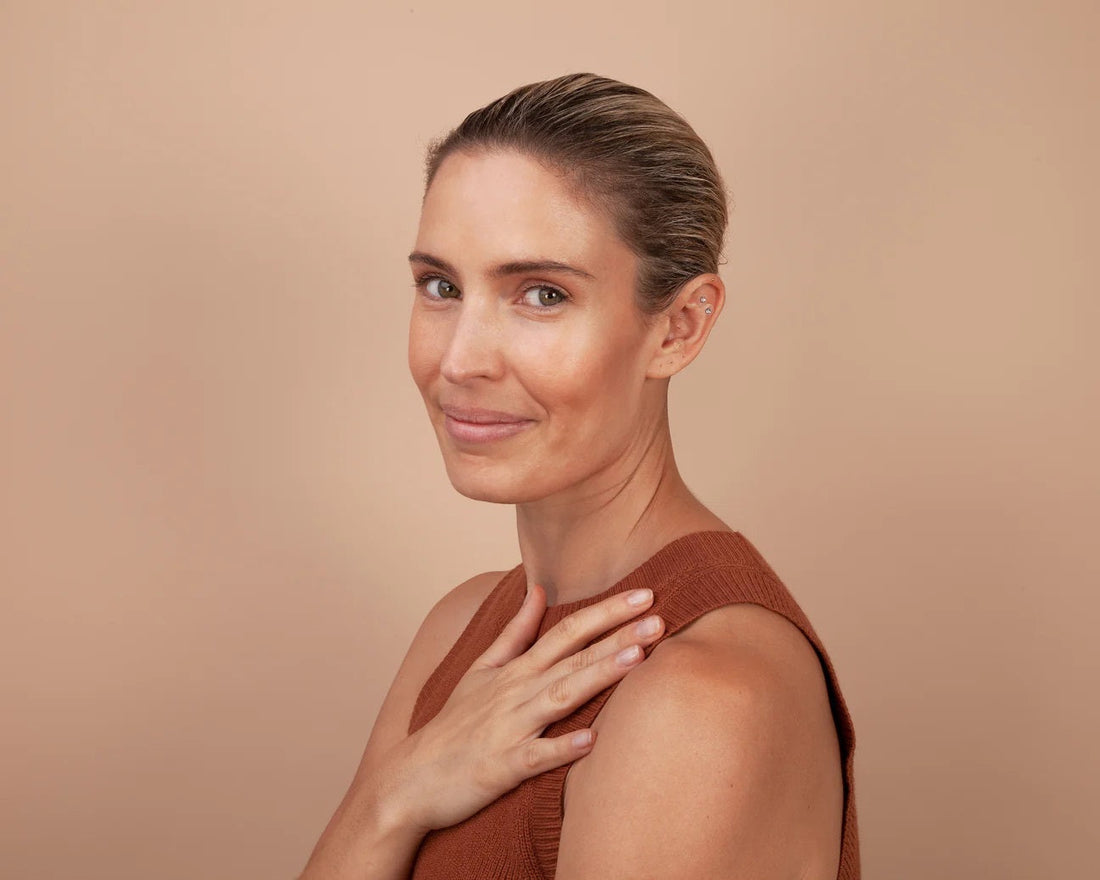Ahh the rage. Having considered myself fairly cool, calm & collected (the latter is debatable) for most of my life, I’ve been shocked at my recent capacity to lose my proverbial caca at the slightest inconvenience.
Even the smallest annoyances now require me to exercise an enormous amount of self-restraint in order to not fly off the handle. This is only exacerbated by sweaty, sleepless nights and the realisation that at 39, I may be riding this very un-fun peri-menopausal rollercoaster for years to come.
If this was the 1700s, I would probably be diagnosed with hysteria and committed to an asylum, a tragedy which befell so many middle aged women before discoveries and inroads were made in endocrinology, psychology, basic human decency and common sense.
Thankfully the conversation around hormonal changes and menopause is growing, and as a result we’re beginning to see more interest in this life stage from the medical world, leading to more studies, data and eventually better ways to manage it.
What we do know, is that our hormones influence everything from our mood and sleep quality to our stress levels and metabolism. The complex interplay also works in reverse, with our external environment, mental and physical state and emotions affecting our hormones, too.
For example when the body is under stress—whether from a busy schedule, lack of sleep, or even emotional overwhelm—the nervous system kicks into high gear, triggering the release of stress hormones like cortisol. Over time, this can throw your entire hormonal balance out of sync, affecting everything from your energy levels to menstrual cycle, mood, and even digestion.
That’s why supporting your nervous system is one of the best things you can do for hormonal health. Somatic therapies—things like yoga, tai chi, and even certain forms of dance—can help you reconnect with your body and release stored tension. These practices aren’t just about movement; they encourage deep awareness of how you’re feeling, both physically and emotionally. Research has shown that these therapies can reduce stress and anxiety, which in turn helps regulate hormone levels.
Another powerful tool is vagal toning, which focuses on strengthening the vagus nerve, the body’s longest cranial nerve. This nerve plays a huge role in regulating stress, digestion, inflammation, and even heart rate. When it’s working well, you feel calmer, more resilient, and better able to handle life’s ups and downs. Simple techniques which physically ‘massage the nerves’ like deep breathing, humming, cold exposure, and mindfulness, can all improve vagal tone and support your body’s ability to maintain hormonal balance.
There’s also acupressure. Body and auricular acupressure are easy, non-invasive ways to activate pressure points that connect to different areas of the body. Studies suggest it can help with everything from managing stress and anxiety to alleviating menstrual pain and menopausal symptoms like hot flashes. It’s a subtle but effective way to support your nervous system and, in turn, your hormones.
This is the mechanism behind ear seeds. The tiny pellets gently activate the nerves of the outer ear, which are easily stimulated through pressure due to their proximity to the top layer of skin, through pressure and magnetic energy, research indicates this in turn encourages the release of feelgood neurochemicals (and hormones!) which can have an analgesic, calming and homeostatic (balancing) effect on the mind and body.
Of course, lifestyle choices play a huge role too. Eating a nutrient-dense diet filled with whole foods, getting regular movement, and making time for rest are all key. Sleep is especially important—so much of your body’s hormonal regulation happens overnight, and skimping on quality sleep can disrupt everything from insulin levels to reproductive hormones.
The good news? Your body is incredibly intelligent and responsive. Small changes—whether it’s adding a few minutes of deep breathing to your day, trying acupressure, or simply prioritising sleep—can make a real difference. By taking care of your nervous system, you’re giving your hormones the support they need to work in harmony, helping you feel more balanced, energised, and better able to keep your cool when someone steals your parking spot, your child won’t do their homework or your toddler chucks a tantrum after stepping barefoot on a rogue Lego brick. (wait, that last one was me, oops.)

